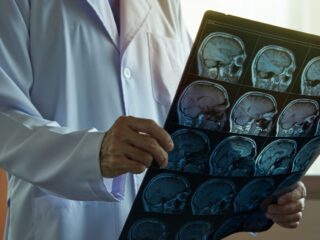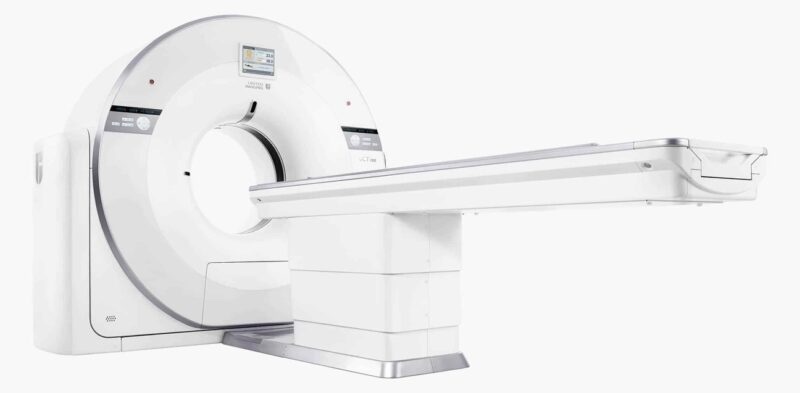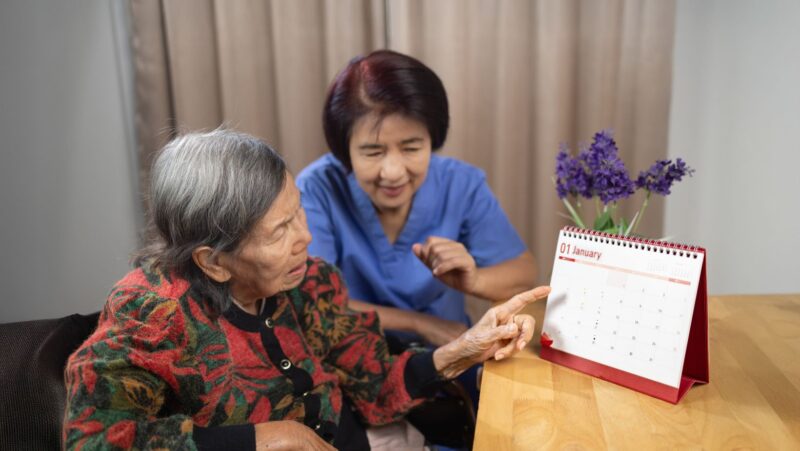
Introduction
In the field of mental health, effective note-taking is often seen as a bureaucratic necessity rather than a tool for improving client care. However, high-quality documentation is not just about compliance; it plays a crucial role in enhancing client outcomes. Good note-taking helps therapists track progress, refine treatment plans, ensure continuity of care, and even strengthen the therapeutic alliance.
This blog post will explore why good note-taking matters, how it impacts client care, and strategies for improving documentation to maximize clinical effectiveness.
Why Good Note-Taking Matters
Enhancing Clinical Decision-Making
Mental health treatment is often a dynamic process, requiring adjustments based on client progress, symptom changes, and external factors. Well-structured notes help therapists track patterns over time, assess treatment efficacy, and make data-driven decisions about interventions. Without accurate records, therapists may rely too heavily on memory, which isprone to bias and distortion.
For example, a therapist treating a client with depression may notice subtle but important changes in mood, motivation, and coping mechanisms when reviewing past session notes. This insight allows for timely intervention, whether through medication adjustments, therapeutic techniques, or additional referrals.
Ensuring Continuity of Care
Clients may switch providers due to relocation, insurance changes, or therapist availability. High-quality notes provide essential context for new therapists, preventing unnecessary disruptions in care. In group practices or multidisciplinary settings, notes also facilitate collaboration among different professionals, ensuring cohesive treatment plans.
For instance, if a client with PTSD transitions from one therapist to another, comprehensive notes on trauma history, coping mechanisms, and previous interventions can prevent retraumatization and redundant assessments.
Strengthening the Therapeutic Alliance
Good note-taking can enhance rapport between therapists and clients. By maintaining accurate and detailed records, therapists can recall key details from previous sessions, which fosters a sense of being heard and understood. Clients often appreciate when their therapist remembers significant milestones, struggles, and personal preferences, which reinforcestrust.
Additionally, reviewing past sessions can help clients recognize their own progress. Many clients feel stuck in their struggles, but a therapist who can point to documented improvements may help shift their perspective and build motivation.
Legal and Ethical Protection
From an ethical and legal standpoint, comprehensive and accurate notes protect both the client and the therapist. In cases of insurance audits, legal disputes, or professional board reviews, well-documented progress notes serve as evidence of proper care. Ethical guidelines from organizations like the American Psychological Association (APA) and the National Association of Social Workers (NASW) emphasize the importance of maintaining clear, factual, and timely documentation.
Elements of Effective Note-Taking
High-quality clinical documentation follows a structured approach that balances detail with clarity. Below are key components of effective note-taking:
The SOAP Note Format
One of the most widely used frameworks in mental health note-taking is the SOAP format:
- S (Subjective): The client’s reported experience, emotions, concerns, and reflections.
- O (Objective): Observable behaviors, therapist observations, and standardized assessments.
- A (Assessment): Clinical impressions, symptom progress, and therapeutic insights.
- P (Plan): Treatment goals, interventions, assignments, and next steps.
This format ensures that notes remain structured, concise, and clinically relevant. Other popular therapy note formats include the DAP (Data, Assessment, Plan) and BIRP (Behavior, Intervention, Response, Plan) formats, which offer alternative structures that some therapists may find beneficial depending on their documentation style and practice setting.
Clarity and Conciseness
Effective notes strike a balance between being detailed and to the point. Overly lengthy notes can become difficult to navigate, while excessively brief notes may lack necessary detail. Avoid subjective language and unnecessary jargon; instead, focus on objective observations and clear descriptions.
Example of a vague note:
“Client seemed upset. Discussed work stress. Encouraged self-care.”
Example of a clear note:
“Client reported feeling overwhelmed due to workload increases. Expressed difficulty sleeping and increased irritability. Therapist validated concerns and introduced cognitive restructuring techniques for managing work-related stress. Clientagreed to practice these techniques and report back next session.”
Tracking Progress and Treatment Adjustments
Each session should build upon previous ones, showing the client’s progress and any modifications in treatment. Regularly document symptom changes, client insights, and therapist interventions to ensure the treatment plan remains dynamic and responsive.
For example, if a client with OCD is engaging in Exposure and Response Prevention (ERP), noting their hierarchy of exposures and their success rate helps in adjusting the approach as needed.
Confidentiality and Compliance
Good note-taking also involves adhering to legal and ethical guidelines, particularly regarding confidentiality. The Health Insurance Portability and Accountability Act (HIPAA) requires that mental health records remain secure and accessible only to authorized individuals. Therapists should:
- Use encrypted electronic health records (EHRs).
- Ensure that written notes are stored securely in locked cabinets or password-protected files.
Strategies for Improving Note-Taking Skills
Develop a Routine
Make note-taking a consistent habit rather than an afterthought. Schedule time after each session to document key points while they are still fresh. Delaying note-taking increases the risk of forgetting crucial details.
Use Technology Wisely
Electronic health records (EHRs) and AI scribes for therapists can streamline the documentation process. There are AI scribes specifically designed for mental health that include therapy note templates.
Train in Efficient Note-Taking
If note-taking is taking up too much time, consider training in more efficient methods. Many therapists benefit from continuing education courses focused on clinical documentation skills. Additionally, AI scribes can help therapists by automating the note-taking process, thus improving efficiency and saving them time during the day.
Periodically Review and Update Notes
Make it a habit to review notes periodically to ensure they remain accurate and reflect the client’s evolving needs. If a treatment approach changes significantly, updating documentation accordingly ensures that progress is accurately reflected.
Conclusion
Good note-taking is more than a regulatory requirement—it is a powerful tool that enhances clinical decision-making, ensures continuity of care, strengthens the therapeutic alliance, and provides legal protection. By implementing structured, clear, and ethical documentation practices, therapists can improve client outcomes while making their own workflow more efficient.
By prioritizing high-quality notes, therapists can not only enhance their practice but also provide more effective, client-centered care. Investing in better documentation skills ultimately leads to improved treatment success and a stronger, more trusting therapeutic relationship.














